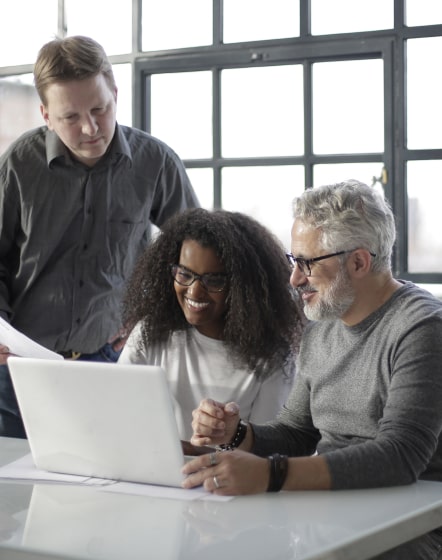Module 1
Introduction
Module 2
Awareness and Appreciation
Module 3
Nostalgia and Narrative
Module 4
Connection
Module 5
Emotional Confidence and Resilience
Module 6
Social Belonging
Module 7
Trauma
Module 8
Opportunity (for Intergenerational Collaboration)
Module 9
Reparation and Reconciliation

